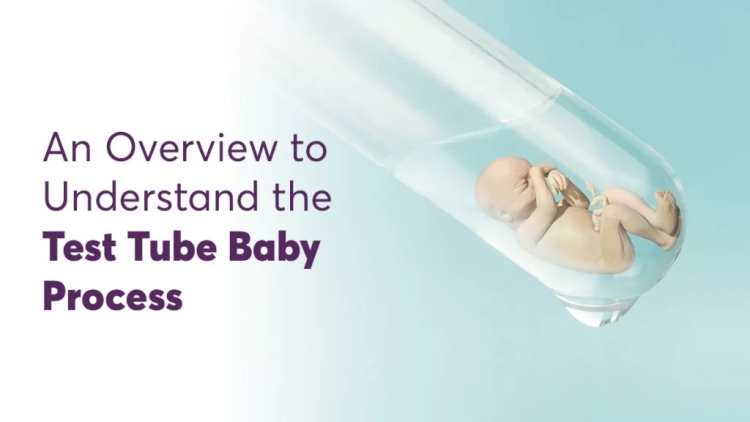What Is the Process of Making Test Tube Babies?

The concept of test tube baby refers to children conceived through In Vitro Fertilization (IVF), a process that has revolutionized fertility treatments. IVF is a boon for couples struggling with infertility, providing a scientific method to achieve conception. Here's an in-depth look at the step-by-step process of making test tube babies.
Step 1: Initial Consultation and Evaluation
The journey begins with a detailed consultation with a fertility specialist. Both partners undergo evaluations to determine the underlying causes of infertility. These tests may include blood tests, ultrasounds, and semen analysis. The results guide the specialist in tailoring the IVF process to the couple's specific needs.
Step 2: Ovarian Stimulation
Once the treatment plan is finalized, the female partner begins a regimen of hormone injections to stimulate the ovaries. This phase aims to produce multiple mature eggs, increasing the chances of successful fertilization. Regular monitoring through blood tests and ultrasounds ensures optimal egg development.
Step 3: Egg Retrieval
When the eggs reach maturity, they are retrieved in a minor surgical procedure called transvaginal ultrasound aspiration. Performed under sedation, a thin needle is used to collect eggs from the ovaries. This process is typically painless and takes about 20-30 minutes.
Step 4: Fertilization in the Lab
The collected eggs are combined with sperm in a laboratory setting. Depending on the circumstances, traditional IVF or Intracytoplasmic Sperm Injection (ICSI) may be used. In ICSI, a single sperm is injected directly into an egg to aid fertilization. The fertilized eggs are monitored for development into embryos.
Step 5: Embryo Transfer
After 3-5 days of incubation, the healthiest embryo(s) are selected for transfer into the uterus. This procedure is quick and painless, performed using a thin catheter. The remaining embryos can be frozen for future use if needed.
Step 6: Pregnancy Test
Approximately two weeks after the embryo transfer, a blood test is conducted to check for pregnancy. A positive result indicates the IVF procedure in Pakistan was successful, marking the beginning of the pregnancy journey.
Factors Influencing IVF Success
The success of IVF depends on various factors, including:
- The age of the female partner.
- The quality of eggs and sperm.
- The expertise of the fertility clinic.
- Overall health and lifestyle choices.
Conclusion
The process of making test tube babies through IVF is a marvel of modern medicine. While it requires commitment and emotional resilience, it offers hope to countless couples. With advancements in technology and experienced fertility specialists, IVF has become a highly successful option for overcoming infertility and starting a family.
For More Details: https://acimc.org/ivf-lahore/
What's Your Reaction?
















.jpg)
.jpg)


